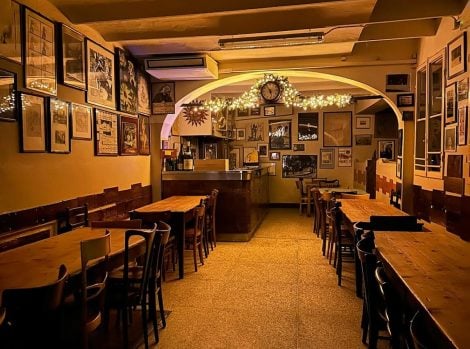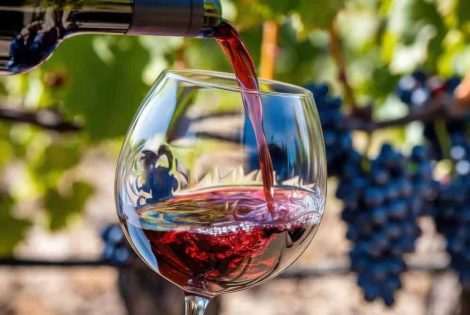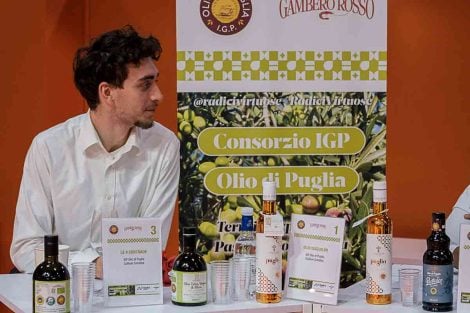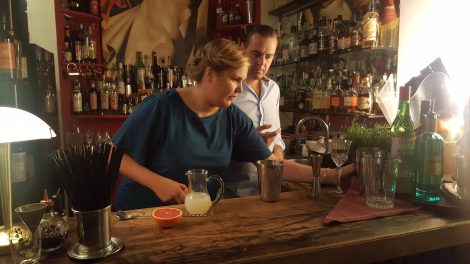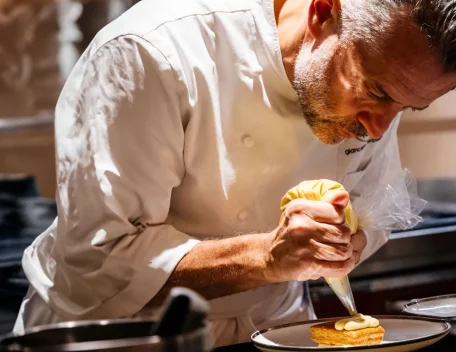We arrive at the Arab Market, leaving behind the Church of San Felice da Cantalice —it’s a joy to see so many children playing in the church square or the small park beside it on sunny days—walking along the busy Via dei Castani, which, to be honest, would gain much more dignity if only the pedestrianisation project were carried through. From here, we turn right onto Via degli Aceri to reach the Arab Market. Our appointment is with Abramo, who, together with his brother Hassan, has been running this bazaar of fine goods for twelve years now.
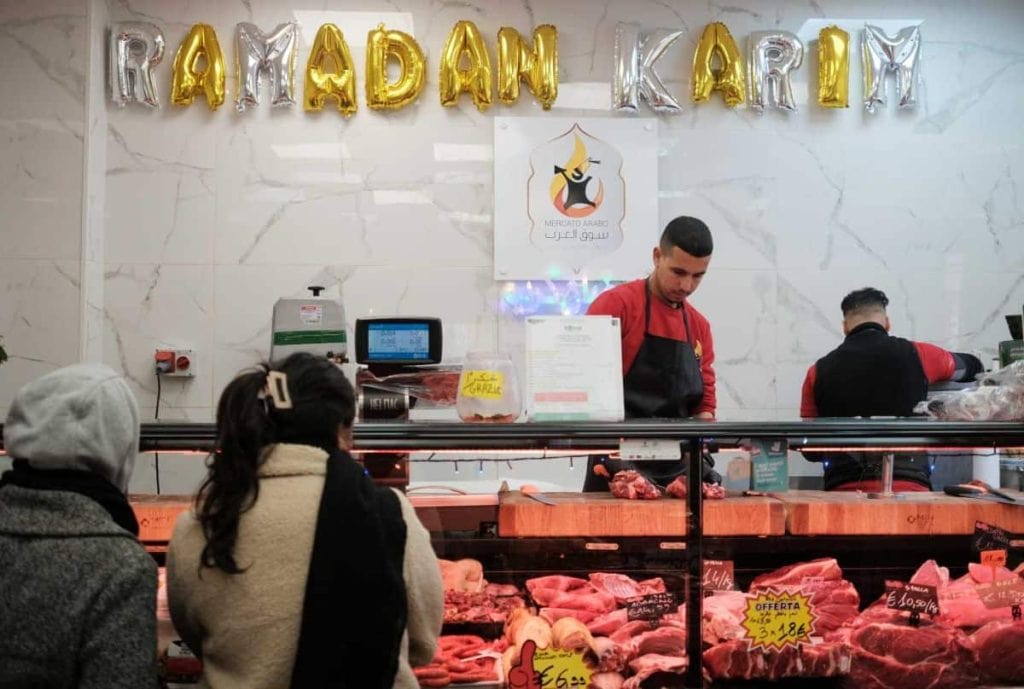
The story of the Arab Market in Centocelle
"The shop originally opened in Naples in 1985," says Abramo, who, after a few WhatsApp exchanges, we discover is actually named Rabeh Ibrahim. "Later, my father opened this shop on Via degli Aceri for my uncle, but when he moved to Morocco, our family had to rethink things, and we relocated to Rome in 2012."
With a Tunisian mother and a Berber Moroccan father, their story began in Naples in '83, when Bensaid Mabrouka was on a school trip—"Mum was a teacher"—and Mohammed was taking his first steps into the world of trade. It was love at first sight, so much so that Mohammed flew to Tunisia to ask for Bensaid's hand in marriage. "Once in Rome, my brother and I enrolled at university—I studied anthropology, he took engineering—but given the precarious prospects for an anthropologist in Italy, the family business eventually won us over."
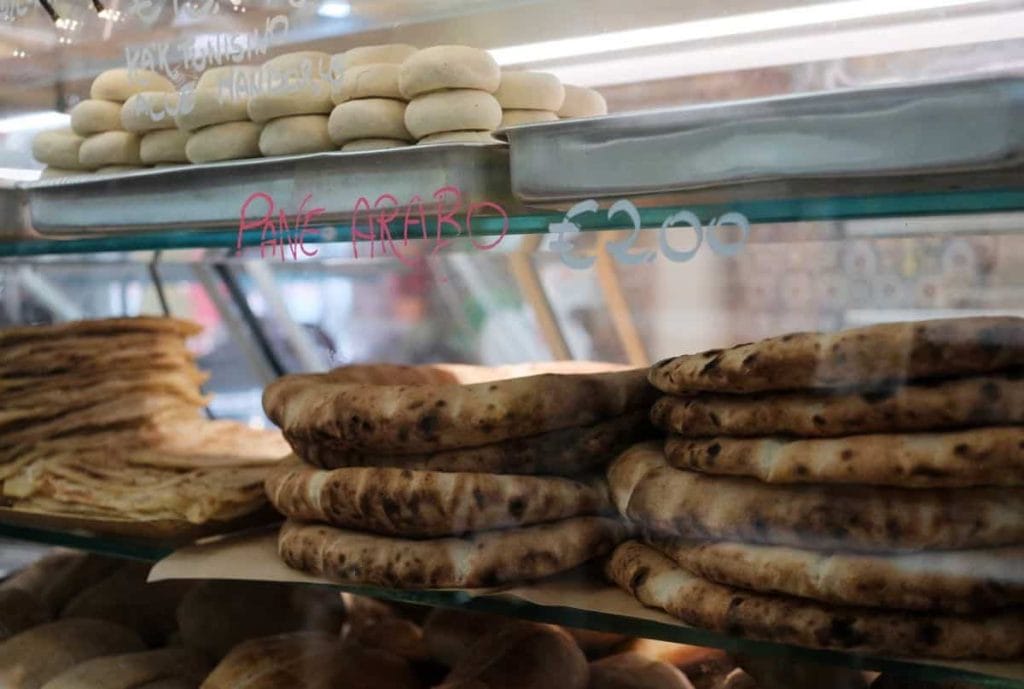
What you can find at the Arab Market
The Arab Market is a shop where you can find everything from dates to Turkish sweets (or those made by Moroccan women), traditional bread, spices, and meat. "The beef comes from a farm in Sabaudia, and the lamb from Viterbo. We select the animals ourselves and take them to be slaughtered at facilities with Islamic or Jewish staff—we’re happy with both to certify them as halal."
In short, it’s not just a simple "Arab shop"—"People often describe us that way"—but rather an outpost of research and cultural exchange, aiming to spread Arab culture. "There is a strong community of Moroccans, Tunisians, and Syrians in this area. But it's no longer just an Arab community—it's an Islamic one, which also includes Albanians, Chechens, Kosovars, and Uighurs. And when a customer visits us, we take them to discover Atlas, Rist-Bar Cartagine, or the newer Ristorante Marrakech and Kebab alla Brace (the latter on Via dei Pioppi, editor’s note)."
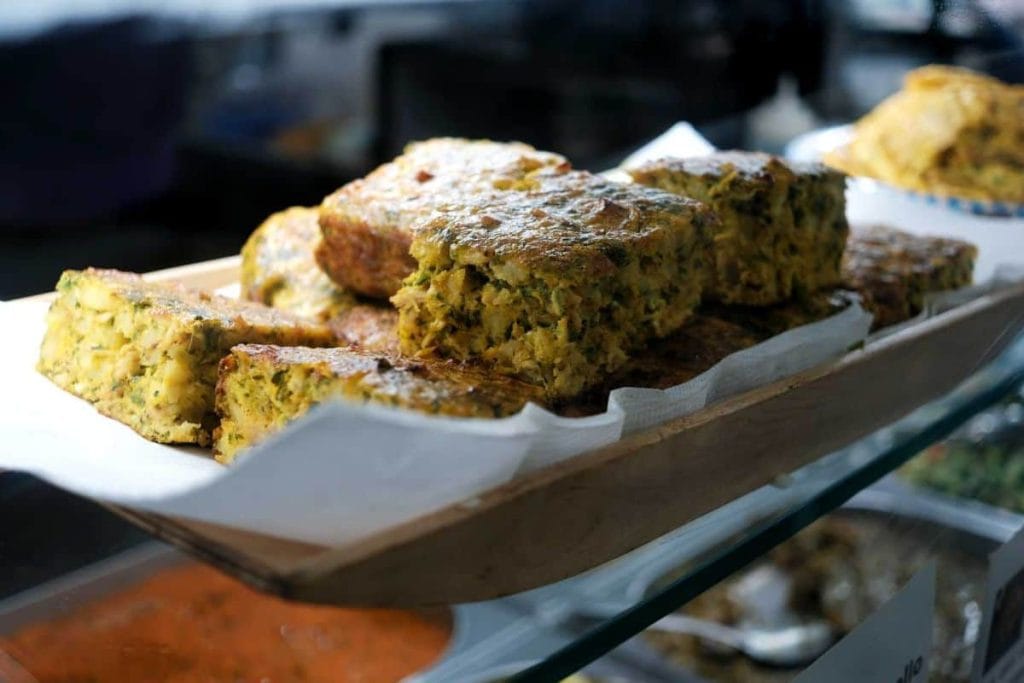
Tajine maadnous
Authentic Moroccan and Tunisian Cuisine
These eateries offer the most famous Moroccan and Tunisian dishes, prepared with great authenticity—such as the tajine with prunes, chicken, toasted almonds, and caramelised onions; Friday couscous; Moroccan burritos; molokhia (a wild spinach soup) common in Egypt and Tunisia; Tunisian fricassée (stuffed sandwiches); and brick, a type of filled pastry with raisins, chicken, and almonds, dusted with icing sugar. For the record, at Cartagine, we tasted an incredible tajine maadnous (similar to an omelette with potatoes, parsley, cheese, and spices).
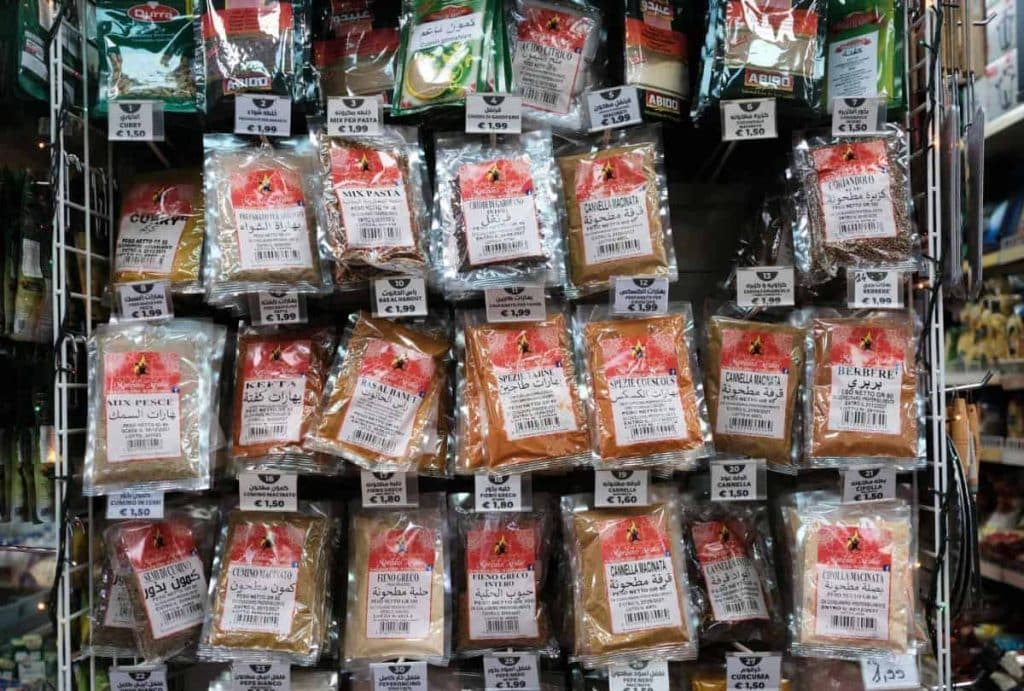
"We want to bring people here"
"We’re also well known for our spice blends, perfect for tajine or couscous—many restaurateurs buy from us," including Loreno Leonetti of Grandma, with whom they organised an event on 15th February—one of many—to celebrate traditional Arab dishes. The aim is to involve as many people as possible and donate part of the proceeds—the entire amount from the Moroccan couscous, also available in a vegan version—to the renovation of the former caretaker’s house at the Iqbal Masih school. This institution, another local landmark, is dedicated to a Pakistani child labourer who became a symbol of the fight against child labour.
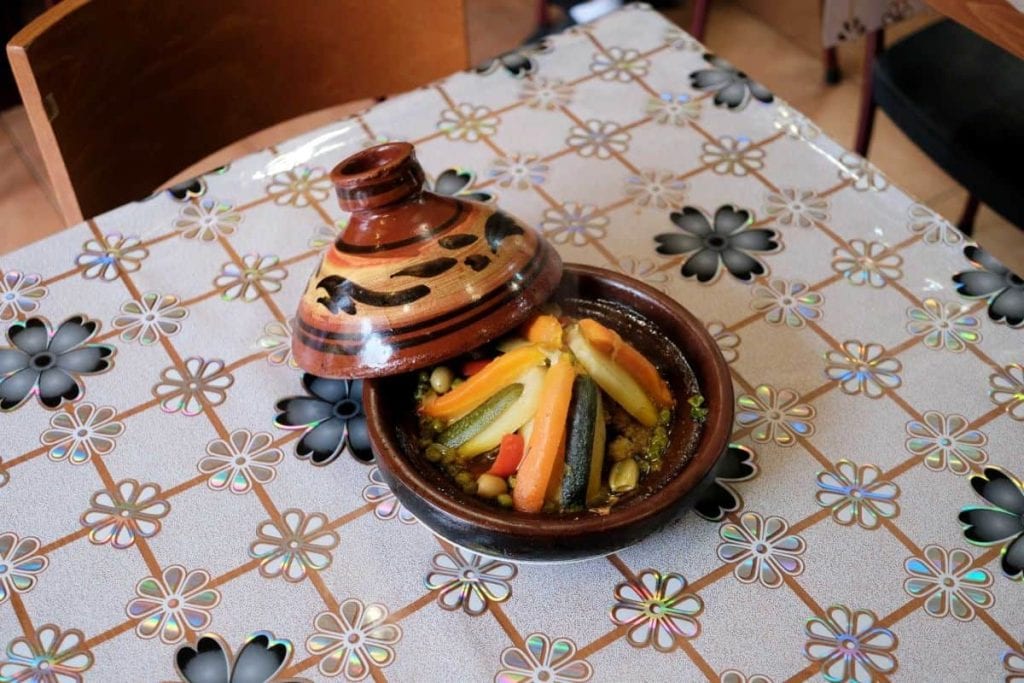
"We’re working to improve this street, and we believe initiatives like this send a strong message," conclude Rabeh and Hassan, whose names, we later learn, mean "victor" and "one who improves, who beautifies"—two aspirations that are becoming reality.
Photo by Alberto Blasetti

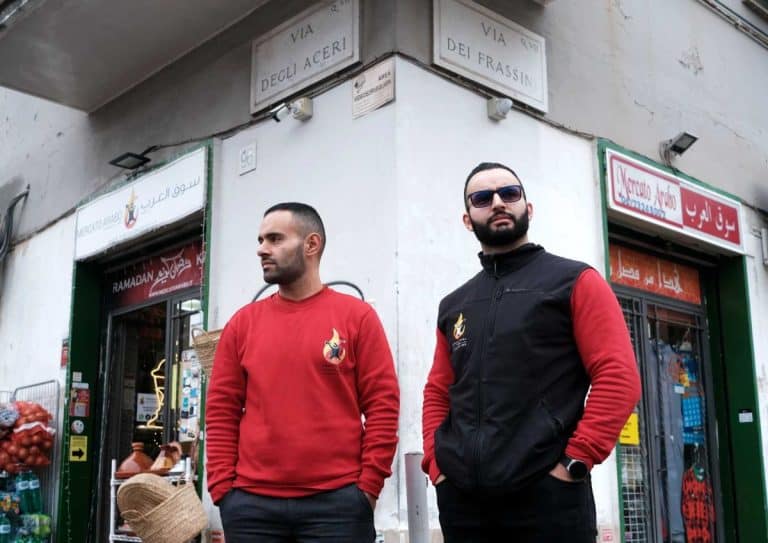
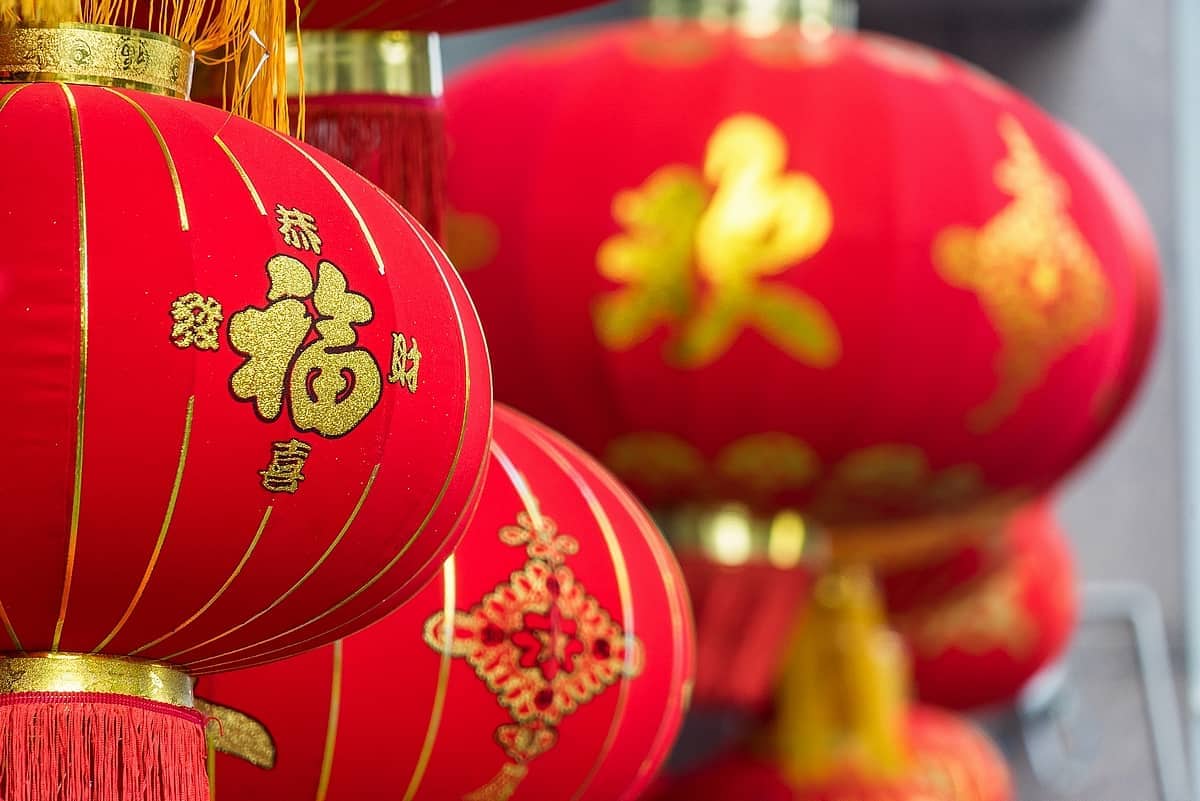 What changes for the export of Italian wines to China under the new regulations?
What changes for the export of Italian wines to China under the new regulations?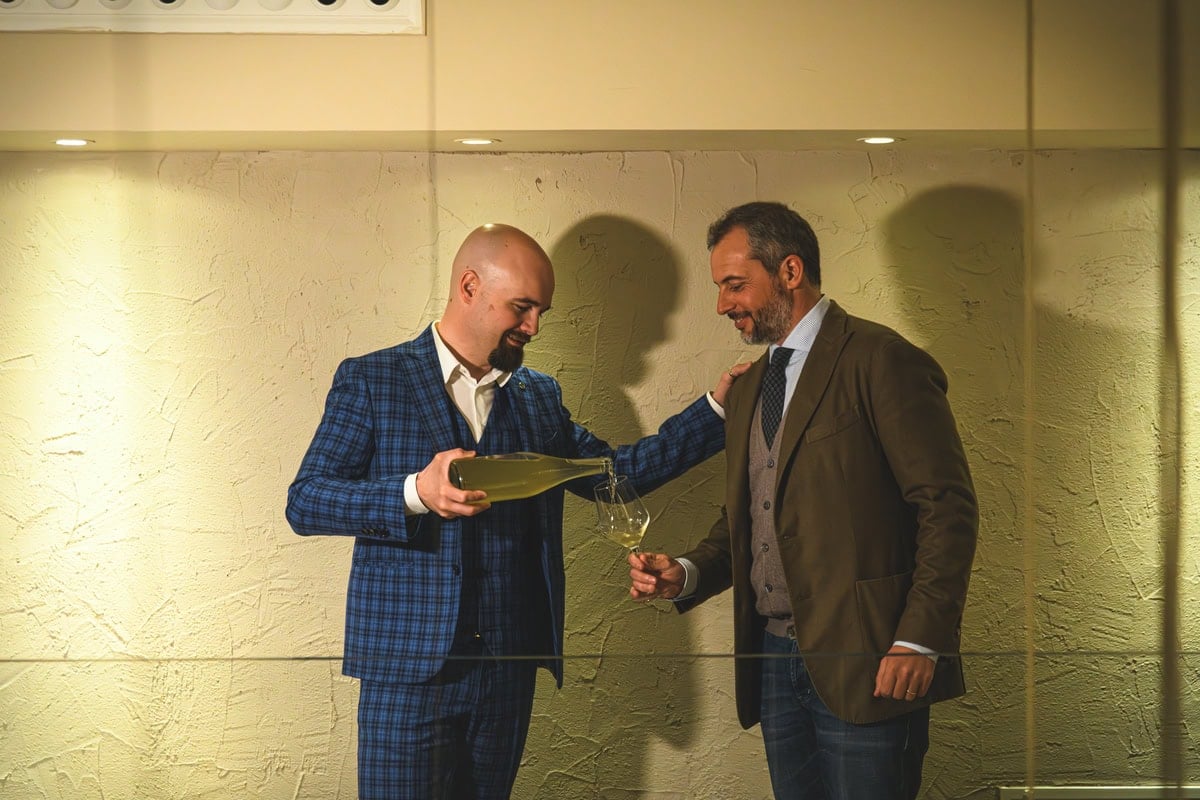 “Forget dealcoholised wines. The future is Komb(w)ine.” Moser and Ravizza present a new grape must-based product
“Forget dealcoholised wines. The future is Komb(w)ine.” Moser and Ravizza present a new grape must-based product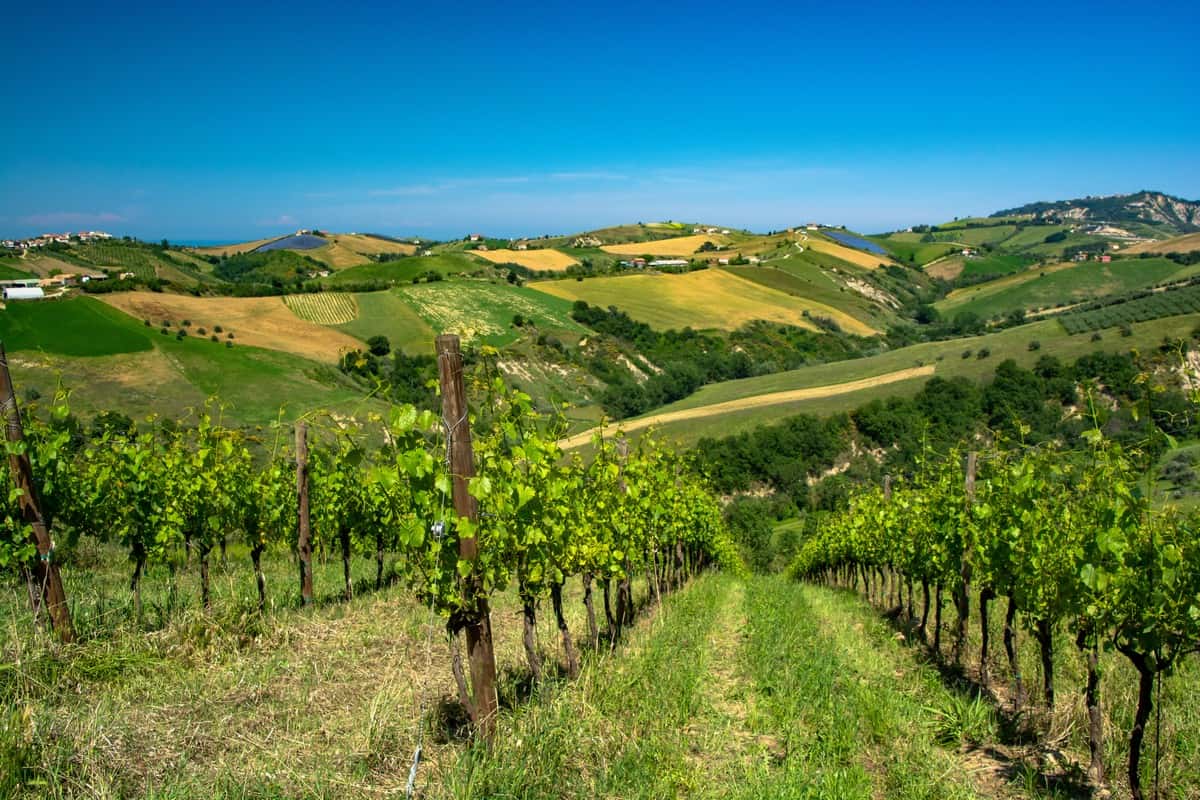 Global wine consumption at a historic low and vineyards in decline. The OIV report outlines a 2024 to forget
Global wine consumption at a historic low and vineyards in decline. The OIV report outlines a 2024 to forget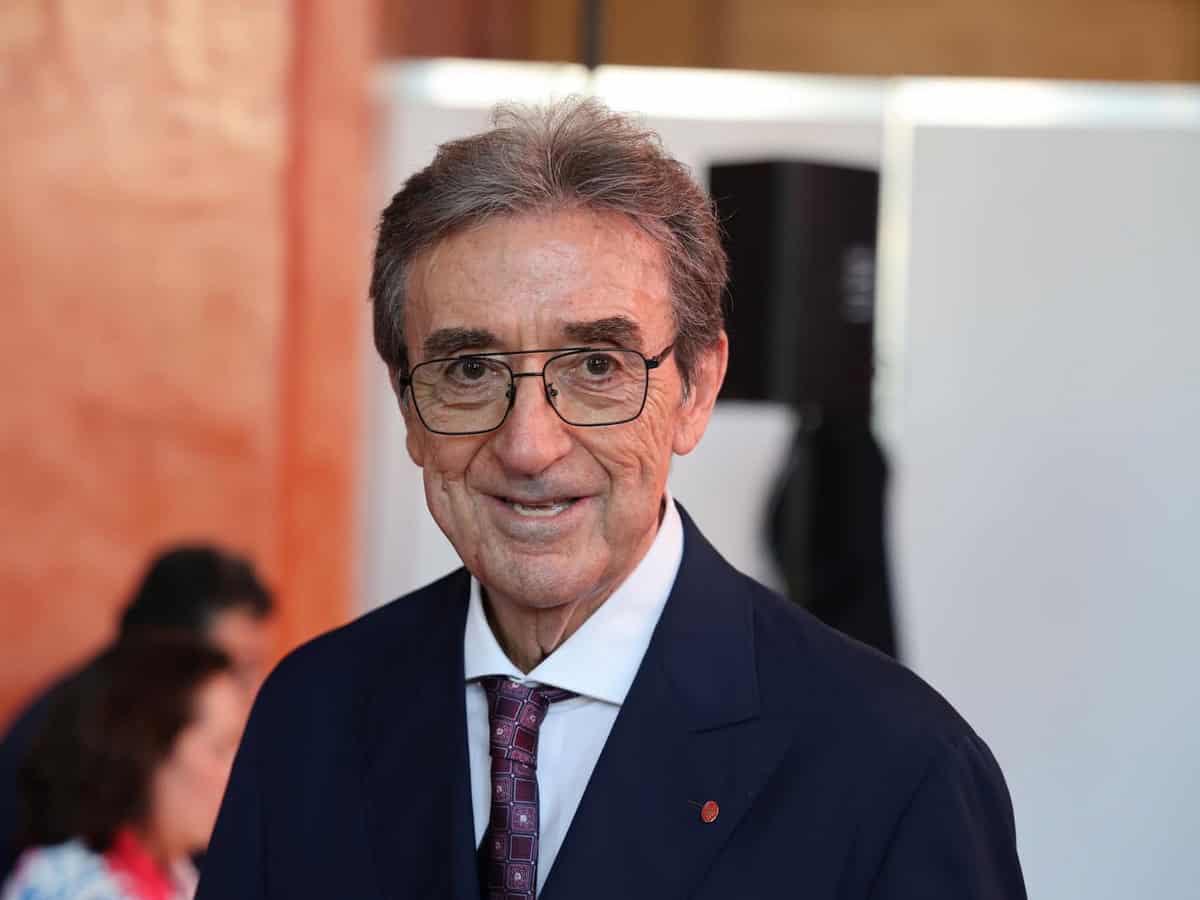 Oenologist Riccardo Cotarella will also produce dealcoholised wine: "My first bottle will be out in October and it won’t be bad"
Oenologist Riccardo Cotarella will also produce dealcoholised wine: "My first bottle will be out in October and it won’t be bad"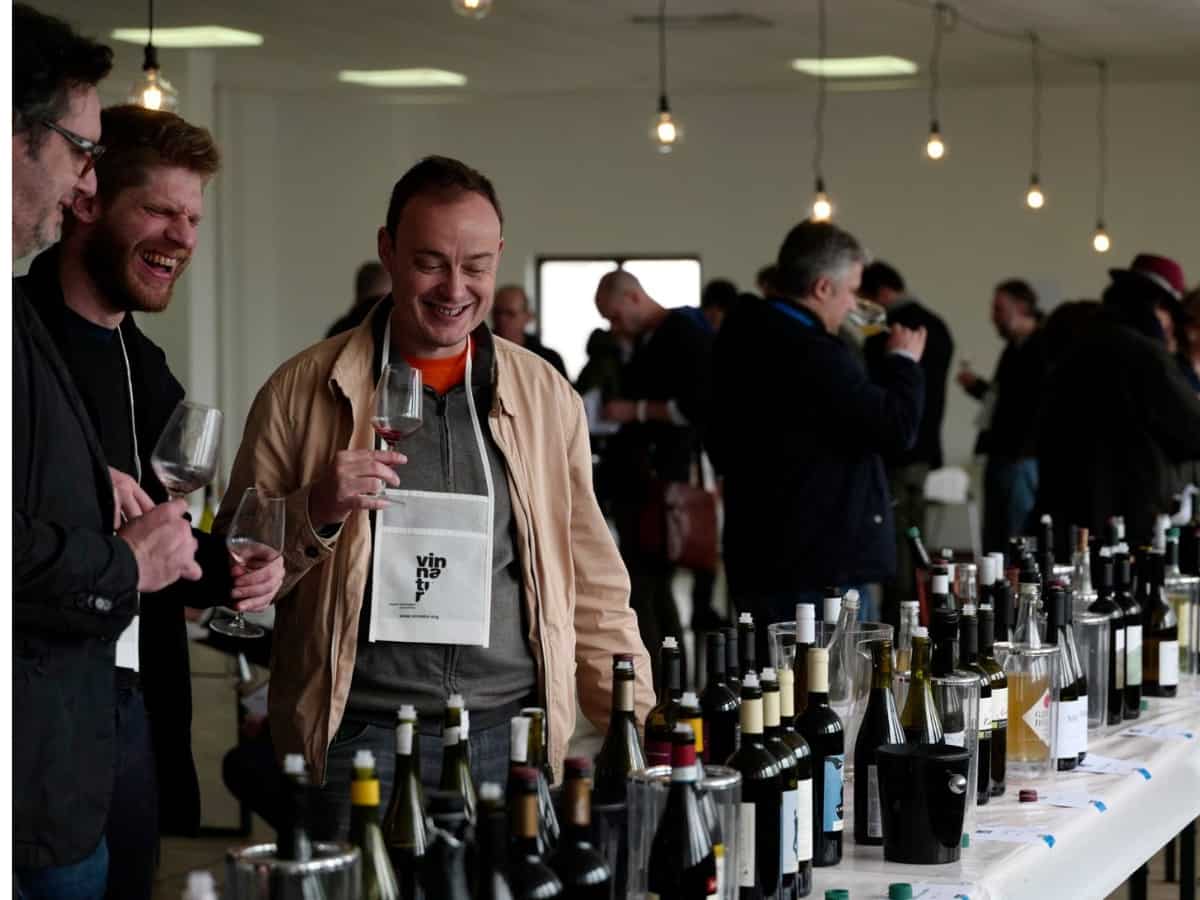 Dear natural wine world, enough with the constant polemics. If you don’t want to self-ghettoise, self-criticism is needed
Dear natural wine world, enough with the constant polemics. If you don’t want to self-ghettoise, self-criticism is needed